Search
Did you mean: Eris?
Search Results
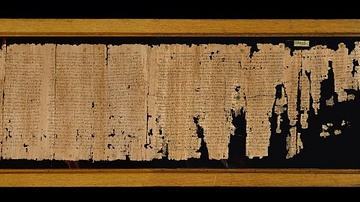
Article
The Tales of Prince Setna
Among the most engaging and influential works from Egyptian literature are the stories in the cycle known as Setna I and Setna II or The Tales of Prince Setna. These are fictional works from the Late Period of Ancient Egypt (525-332 BCE...
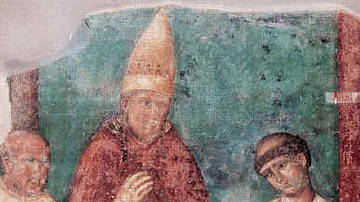
Article
Unam Sanctam: Spiritual Authority & the Medieval Church
The Unam Sanctam (1302) was a papal bull issued by Pope Boniface VIII (served 1294-1303) requiring the complete submission of all people, including kings, to the authority and dictates of the pope. As the Church was understood as holding...
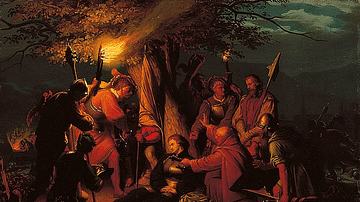
Article
Two Accounts of Zwingli's Death
Huldrych Zwingli (l. 1484-1531) died in the second of the Kappel Wars in 1531, a conflict between Catholic and Protestant forces. Afterwards, two accounts of his death emerged – one Catholic and one Protestant – differing in detail and notable...

Article
Historical Problems in the Trial(s) & Crucifixion in the Gospels
The story of the trial and crucifixion of Jesus Christ is reenacted every year by Christians all over the world in the Easter liturgy. The story has become an essential article of faith and is rarely questioned by New Testament scholars and...
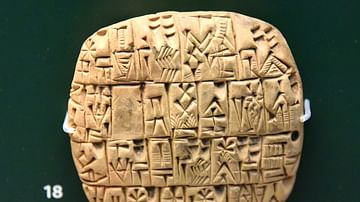
Article
Hymn to Nisaba
The Hymn to Nisaba (c. 3rd millennium BCE) is a poem praising Nisaba, the Sumerian goddess of writing and accounts who also served as scribe of the gods. The poem is officially dedicated to Enki, the god of wisdom (sometimes given as her...
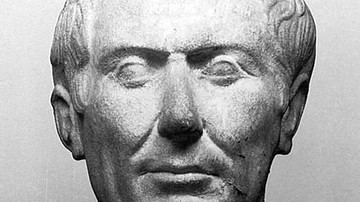
Definition
Julius Caesar
Gaius Julius Caesar was born 12 July 100 BCE (though some cite 102 as his birth year). His father, also Gaius Julius Caesar, was a Praetor who governed the province of Asia and his mother, Aurelia Cotta, was of noble birth. Both held to the...
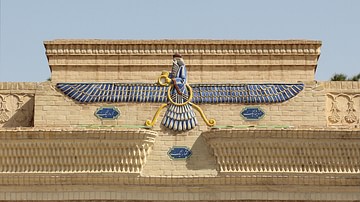
Definition
Zoroastrianism
Zoroastrianism is the monotheistic faith established by the Persian prophet Zoroaster (also given as Zarathustra, Zartosht) between c. 1500-1000 BCE. It holds that there is one supreme deity, Ahura Mazda (Lord of Wisdom), creator and sustainer...
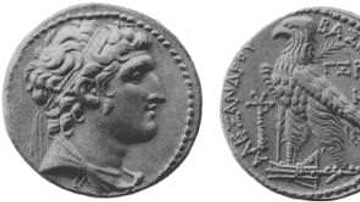
Definition
Seleucid Empire
The Seleucid Empire (312-63 BCE) was the vast political entity established by Seleucus I Nicator ("Victor" or "Unconquered", l. c. 358-281 BCE, r. 305-281 BCE), one of the generals of Alexander the Great who claimed a part of his empire after...
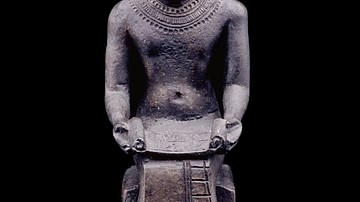
Definition
Imhotep
Imhotep (Greek name, Imouthes, c. 2667-2600 BCE) was an Egyptian polymath (a person expert in many areas of learning) best known as the architect of King Djoser's Step Pyramid at Saqqara. His name means "He Who Comes in Peace" and he is the...

Definition
Pharisees
The Pharisees were a Jewish sect that emerged c. 150 BCE and promoted the idea of priestly purity for all Jews, belief in providence or fate, and the concept of the resurrection of the dead, and taught that besides the commandments, Oral...